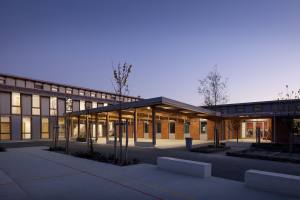Barcelona bets on ‘digital twin’ as future of city planning

News Detail

Year:
2022
Country:
Spain


City:
Barcelona

Source:
PoliticaPThis article is part of POLITICO’s Global Policy Lab: Living Cities, a collaborative journalism project exploring the future of cities. Sign up here.
BARCELONA — In five years’ time, the structure of Europe’s cities won’t be decided in local town halls but inside a quiet 19th-century chapel in a leafy neighborhood of Barcelona.
Housed in the deconsecrated Torre Girona chapel, the MareNostrum supercomputer — one of the world’s most powerful data processors — is already busily analyzing how to improve city planning in Barcelona.
“We’re using the supercomputer to make sure the urban planning process isn’t just based on clever ideas and good intentions, but on data that allows us to anticipate its impacts and avoid the negative ones,” said Barcelona Deputy Mayor Laia Bonet, who is in charge of the city’s digital transition, climate goals and international partnerships.
As part of a pilot project launched with the Italian city of Bologna earlier this year, Barcelona has created a data-based replica of itself — a digital twin — where it can trial run potential city planning projects.
“Instead of implementing flawed policies and then have to go back and correct them, we’re saving time by making sure those decisions are right before we execute them,” said Bonet.
Although the scheme is still in its test phase, Bonet said she expects the city’s high-tech approach to urban development will soon be the norm in cities across the EU.
“Within a five-year horizon I expect to see this as a basic urban planning tool,” she said.
